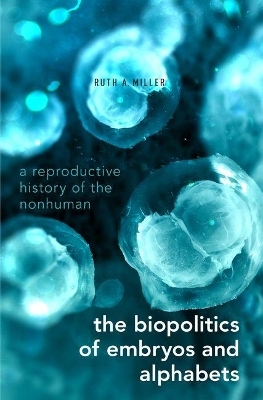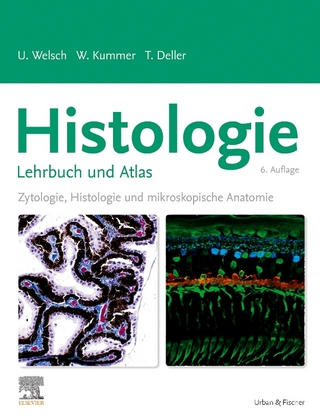
The Biopolitics of Embryos and Alphabets
A Reproductive History of the Nonhuman
Seiten
2017
Oxford University Press Inc (Verlag)
978-0-19-063836-8 (ISBN)
Oxford University Press Inc (Verlag)
978-0-19-063836-8 (ISBN)
Biopolitics and posthumanism have been passé theories in the academy for a while now, standing on the unfashionable side of the fault line between biology and liberal thought. These days, if people invoke them, they do so a bit apologetically. But, as Ruth Miller argues, we should not be so quick to relegate these terms to the scholarly dustbin. This is because they can help to explain an increasingly important (and contested) influence in modern democratic politicsthat of nostalgia. Nostalgia is another somewhat embarrassing concept for the academy. It is that wistful sense of longing for an imaginary and unitary past that leads to an impossible future. And, moreover for this book, it is ordinarily considered bad for democracy. But, again, Miller says, not so fast. As she argues in this book, nostalgia is the mode of engagement with the world that allows thought and life to coexist, productively, within democratic politics.
Miller demonstrates her theory by looking at nostalgia as a nonhuman mode of thought, embedded in biopolitical reproduction. To put this another way, she looks at mass democracy as a classically nonhuman affair and nostalgic, nonhuman reproduction as the political activity that makes this democracy happen. To illustrate, Miller draws on the politics surrounding embryos and the modernization of the Turkish alphabet. Situating this argument in feminist theories of biopolitics, this unusual and erudite book demonstrates that nostalgia is not as detrimental to democratic engagement as scholars have claimed.
Miller demonstrates her theory by looking at nostalgia as a nonhuman mode of thought, embedded in biopolitical reproduction. To put this another way, she looks at mass democracy as a classically nonhuman affair and nostalgic, nonhuman reproduction as the political activity that makes this democracy happen. To illustrate, Miller draws on the politics surrounding embryos and the modernization of the Turkish alphabet. Situating this argument in feminist theories of biopolitics, this unusual and erudite book demonstrates that nostalgia is not as detrimental to democratic engagement as scholars have claimed.
Ruth Miller is Professor of History at University of Massachusetts Boston. She is the author of Snarl: In Defense of Stalled Traffic and Faulty Networks, Seven Stories of Threatening Speech: Womens Suffrage Meets Machine Code, and Law in Crisis: The Ecstatic Subject of Natural Disaster.
Table of Contents
Introduction
Chapter 1: Feminist Theory and the Politics of Life
Chapter 2: Nonhuman Nostalgia
Chapter 3: Embryos
Chapter 4: Alphabets
Conclusion
Notes
Bibliography
Index
| Erscheinungsdatum | 28.09.2017 |
|---|---|
| Verlagsort | New York |
| Sprache | englisch |
| Maße | 229 x 155 mm |
| Gewicht | 295 g |
| Themenwelt | Medizin / Pharmazie ► Medizinische Fachgebiete ► Mikrobiologie / Infektologie / Reisemedizin |
| Studium ► 1. Studienabschnitt (Vorklinik) ► Histologie / Embryologie | |
| Studium ► Querschnittsbereiche ► Geschichte / Ethik der Medizin | |
| Naturwissenschaften ► Biologie | |
| Sozialwissenschaften ► Politik / Verwaltung ► Politische Theorie | |
| Sozialwissenschaften ► Soziologie | |
| Technik ► Umwelttechnik / Biotechnologie | |
| ISBN-10 | 0-19-063836-2 / 0190638362 |
| ISBN-13 | 978-0-19-063836-8 / 9780190638368 |
| Zustand | Neuware |
| Haben Sie eine Frage zum Produkt? |
Mehr entdecken
aus dem Bereich
aus dem Bereich
Zytologie, Histologie und mikroskopische Anatomie
Buch | Hardcover (2022)
Urban & Fischer in Elsevier (Verlag)
54,00 €
Gewebelehre, Organlehre
Buch | Spiralbindung (2024)
Urban & Fischer in Elsevier (Verlag)
25,00 €


